In this article we look at 4 ways to improve language development in children by recognizing the importance of each skill, and then answering the question, which skill is the foundation upon which all others are built.
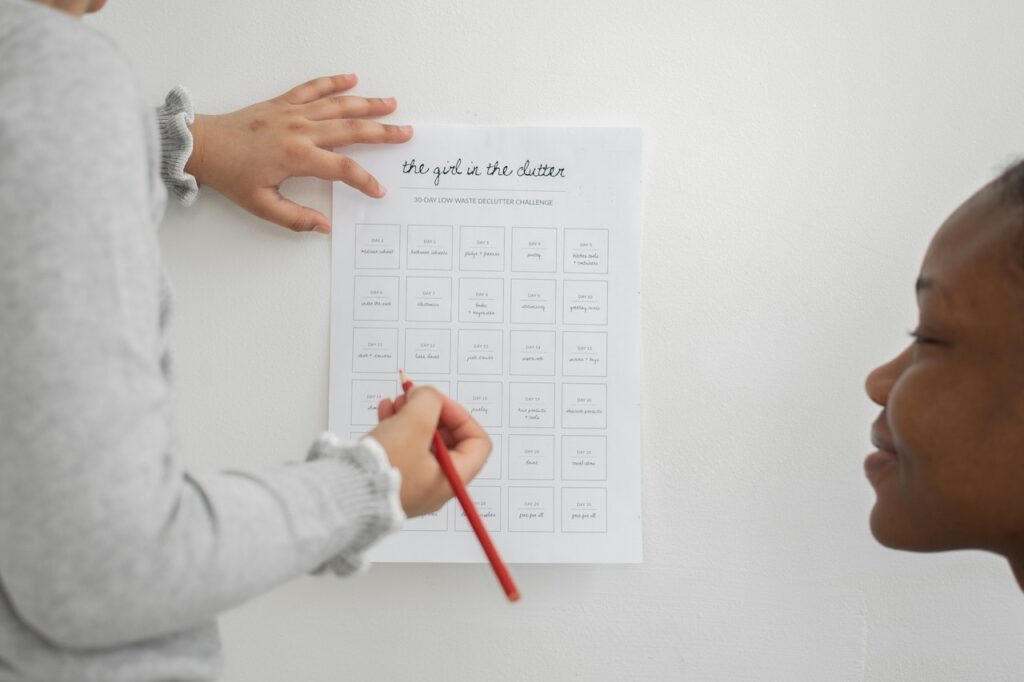
The four important language skills are: listening, reading, speaking, and writing.
How teachers promote language learning in the homeschooling classroom should include having students use all four language skills in learning activities.
Hooked on Phonics Works for Kids!
This blog contains affiliate links to highlighted websites and/or resources. By clicking on the link and making a purchase we may earn a small commission at no extra cost to you. Click here for full disclosure.
Hooked on Phonics is well-know for its organized and comprehensive approach to teaching phonics. Phonics is the method of teaching reading and spelling by connecting sounds with letters or groups of letters.
By using a step-by-step progression, Hooked on Phonics helps children build a solid foundation in phonics, enabling them to figure out words and read with confidence.
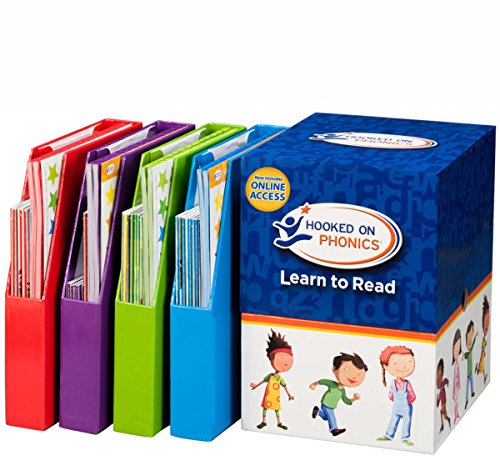
The following websites help guide school aged students of varying ability.
Importance of Language Development In Education
At the end of this article you can sign up to view our digital resources to use in the classroom for building confidence in teaching and learning in the classroom.
Click on the image below to watch our video highlighting the information in this article.
Subscribe to the The ETI Academy for more educational videos from us!
The Stages of Language Development In Education
The stages of language development include building each important skill attached to language learning. These include listening, speaking, reading, and writing.
The stages to language development in education begin with understanding the two main categories of skills which are passive and active skills.
Passive skills require individuals to take in what is being said or read to them.
Active skills require individuals to communicate in a way to show that they understood what was said or read to them.

In life, this is equivalent to learning when to speak and when to listen.
Students who understand how to use their passive skills to help improve their on active skills are the ones who tend to do better in school.
Passive Skills vs. Active Skills
In understanding language development we need to recognize use of the four language skills.
Listening and reading are known as passive skills, which are the skills we use to absorb information without necessarily relaying back what information we are gathering.
How then can we demonstrate we understand the information we gain from listening and reading?
The active skills of speaking and writing help us understand the information we gain from listening and reading.
These skills help us to communication what we have learned through spoken words or those we write down for others to read.
How To Promote Language Skills in the Homeschooling Classroom
The stages to language development begin once we learn to master the passive skill of listening. From there we go on to the active skill of speaking. We relate the sounds into words, then sentences that allow for greater communication.
The next stage is reading. We go back to this passive skill of hearing sounds as they relate to letters being formed into, and read as words and eventually sentences. The final stages of language development are shown through our writing skills.
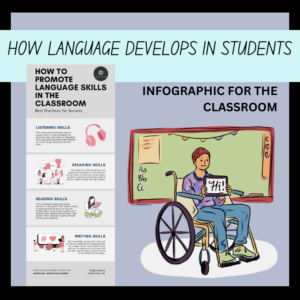
Download your free copy of this infographic by visiting our digital resources page.
How then can teachers and parents help students with mastering the four language skills?
Promoting the Four Language Skills
We present a closer look at how to promote the four skills in the classroom.
I. How to Promote Listening Skills
Listening skills are what we use to make sense of sounds we hear around us.
In education, we are taught from the moment we enter school how to master our listening skills by demonstrating either through actions or words that we understood what we heard.
How well we listen directly impacts on all other skills in how we speak, read, and write, and is perhaps the skill we work on the longest to master since we start from the moment we are born.

Simple techniques teachers can use to help students with improving their listening skills is to have students demonstrate what was said. It can be as simple as “line up in a straight line” to more complex directions to finishing a task in class.
II. How to Promote Speaking Skills
The active skill of speaking demonstrates that we understand how to communicate all we have heard up until we decide to begin communicating.
Simple techniques teachers can use to help students with improving their speaking skills is to have students repeat what was said when it comes to receiving directions from the teacher or fellow classmates.

Easy speaking activities include having students recall information given in a presentation by fellow students or summarizing what was the main message from the last educational podcast they heard.
In having students master how to listen for context clues in speech (rhythm and intonation), students can then become better speakers as they learn the language.
They begin to learn the difference between speaking for the purpose of communicating or just simply reading out loud.
III. How to Promote Reading Skills
In learning to read, students need to have a full grasp on recognizing sounds through listening, and being able to replicate the sounds through speech.
From there, students can associate sounds with words and so they learn to read through reliance on previous knowledge gained from listening and speaking.
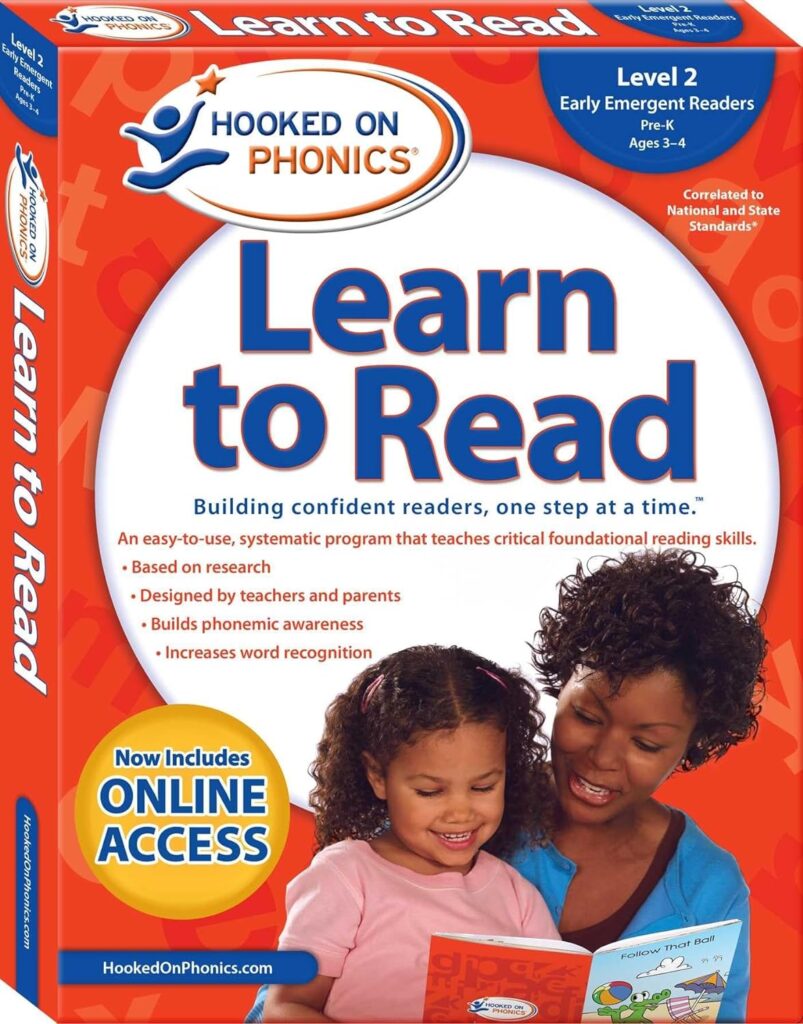
Visit the Hooked on Phonics Store Front for more products!
Reading is a passive skill so teachers may use the active skills of either speaking or writing to have students demonstrate their understanding of what they read.
Simple activities for this skill would be to ask students to summarize through speaking what the main idea that the reading is try to show.
IV. How to Promote Writing Skills
The writing skills are the final skills in the language development stage that students need to master on their own.
Students may say that this is the hardest skill to master since it requires such creativity and accuracy in showing what they know or understand to be true.
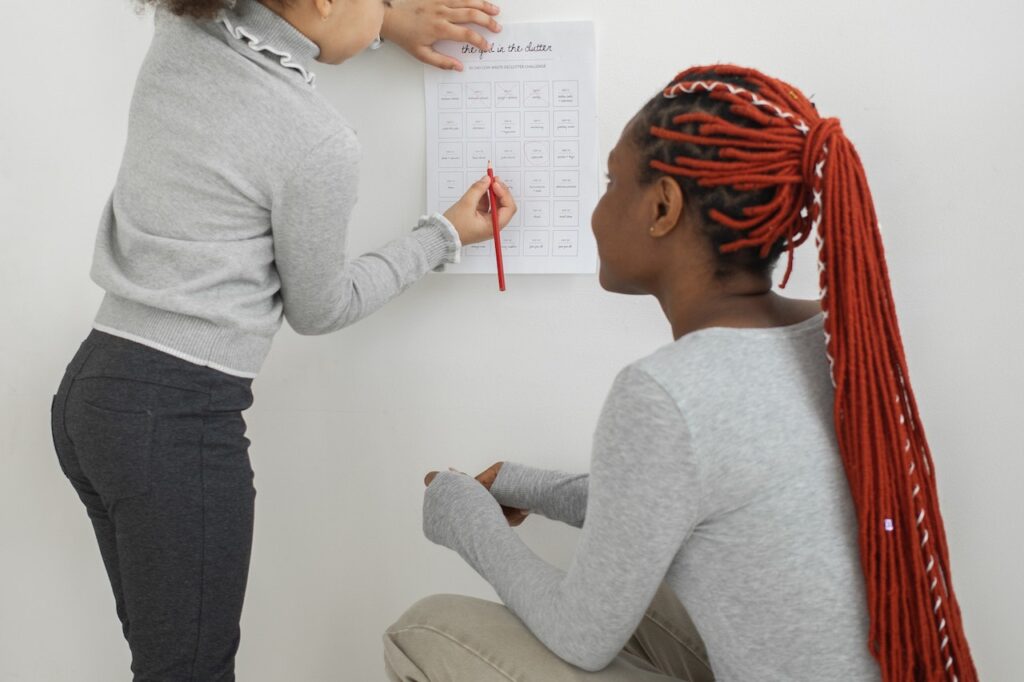
The stages to language development in education begin with mastering our listening skills, which is the foundation on which all other skills are built. In order for us to become better speakers, we need to be better listeners.
As we listen to sounds and repeat them, we learn to read, and write in the language we are learning.
The Connection to English as a Second Language Acquisition
We offer advice to homeschooling parents on how to guide student language development as a second language. We believe language development, as with other learning, is tied to student emotions.
Students who are learning English as a second language, need more time to improve on their listening skills as they make connections words they hear back to their first language.

Teachers who teach second language acquisition need also be aware of emotions students may feel in trying to learn the second language and encourage the students to use their first language to help further learning the second language.
Related Topics…
Learning to communicate with proper language development, can benefit learning in other subjects, visit our other articles connected to learning and teaching;
- Learn the benefits of using Hooked on Phonics
- K -12 English Language Resources for the Classroom
- ELA Rubrics for the Homeschool Classroom
- How to Plan Your Graduate Studies Abroad
- 5 Ways to Reach Your Educational Goals
- TOEFL Test Preparation at Home
- Digital SAT Test Preparation at Home
- How to Prepare for the IELTS Test
- Easy Grammar Activities for Homeschooling Students
Join Our Newsletter Community Today!
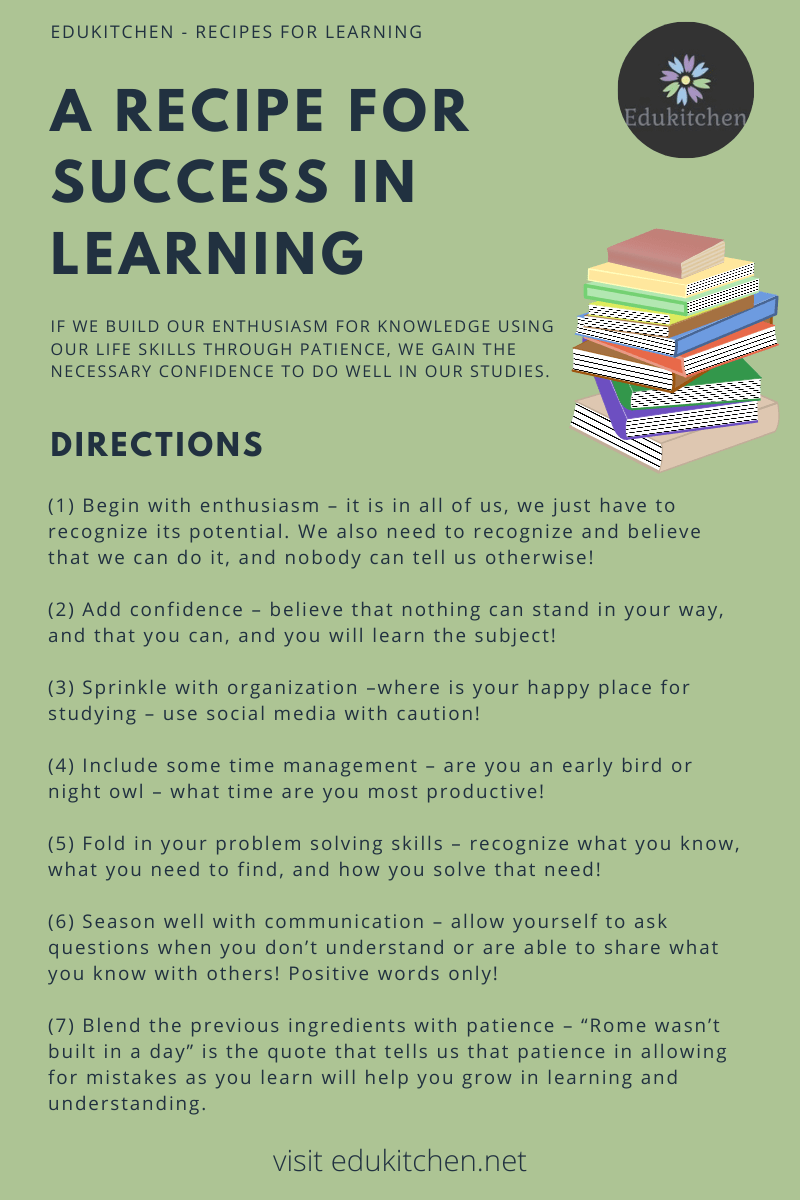
Final Thoughts…
The skills we use everyday in communication make the world of difference not only to ourselves, but to those around us.
Choosing our words carefully means we begin by listening to what those around us have to say, and responding in ways that will better the communication between us.
Reading for pleasure means we take the time to enjoy bringing to life stories in our own unique way, and that will hopefully one day inspire us to widen our horizons and write our own stories to share with others.
In the classroom, better communication between teachers and students means that classroom management is easy.
Share Your Thoughts!
We would like to hear from you! Connect with us on social media!
Let know your thoughts in the comments below on language development in education and whether you agree with our comments or not!



